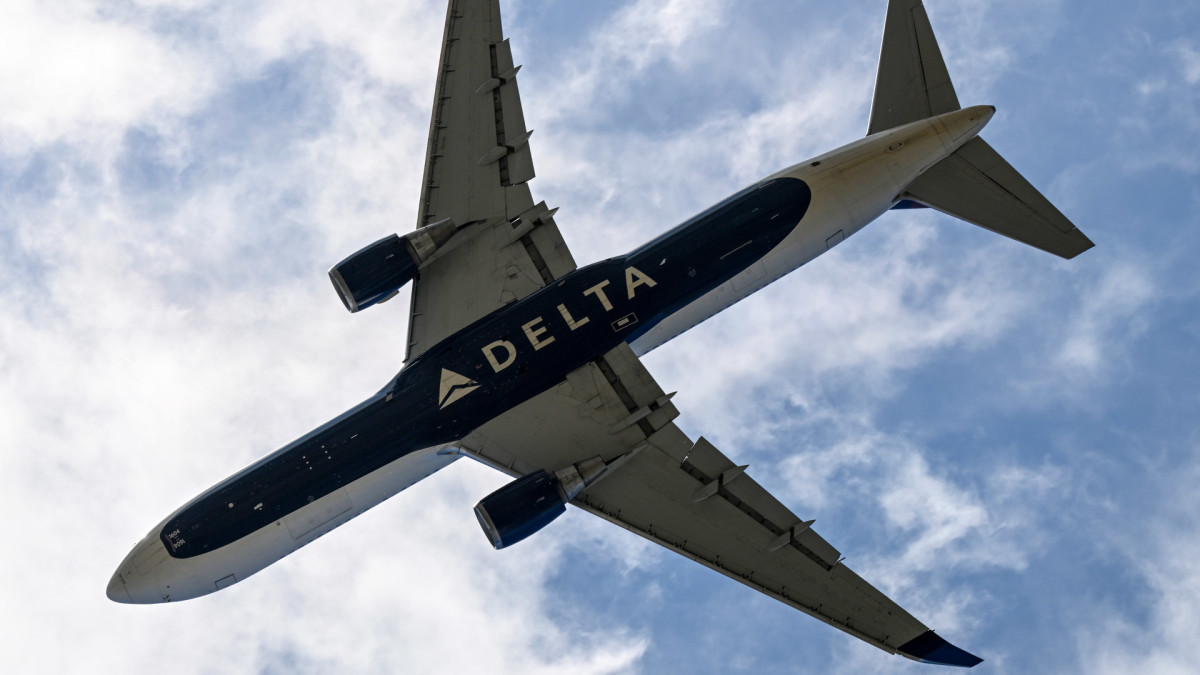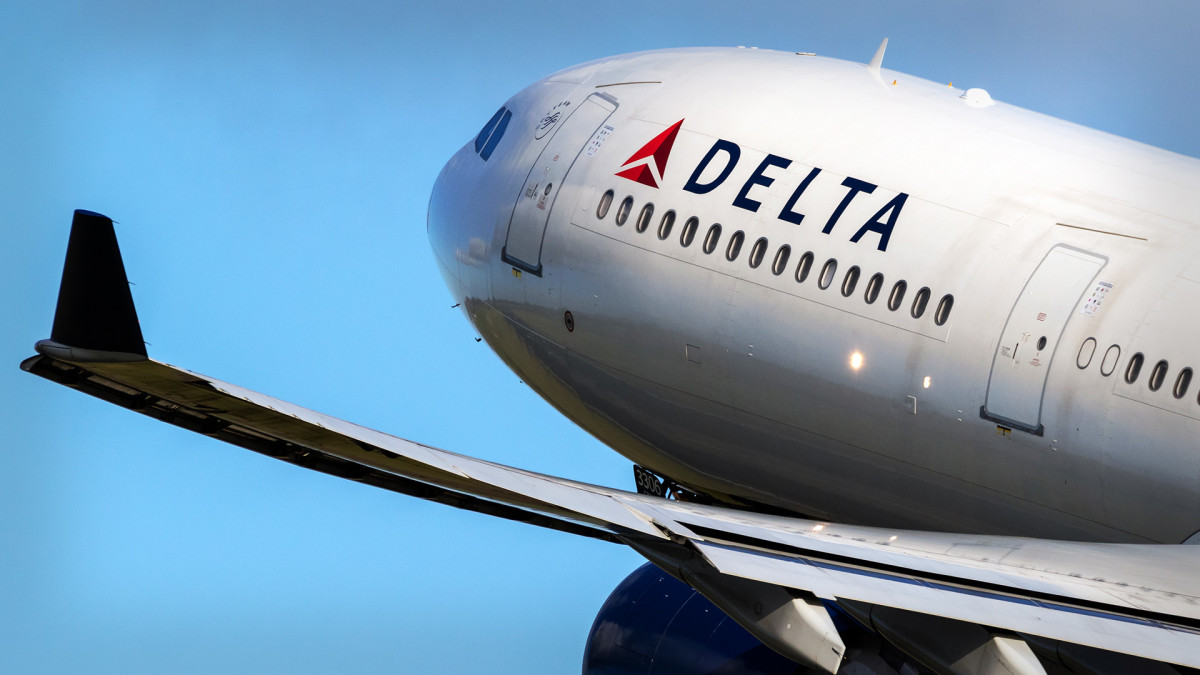
People traveling on domestic and international flights in and from the U.S. have several options to choose from when it comes to deciding on which airline to fly.
There are a number of carriers, often called the "big four," that currently control three quarters of the U.S. market: Delta Air Lines DAL, American Airlines AAL, United Airlines UAL and Southwest LUV.
Related: Las Vegas Strip casino signs huge superstar group for residency
Smaller airlines are able to compete with these major players, in niche markets or situations, with creative strategies.
For example, Allegiant Air ALGT has found success focusing on leisure passengers with a network of small cities and travelers looking for experiences such as weekend getaways.
JetBlue JBLU has been able to form strategic alliances with other airlines in an effort to grow its reach. But it is also in the middle of an antitrust lawsuit brought by the U.S. Department of Justice regarding its proposed merger with Spirit Airlines SAVE, a discount carrier.
At Seattle-Tacoma International Airport, Alaska Airlines ALK has managed to succeed even as major carriers such as Delta have tried to squeeze into its home turf.

Image source: Shutterstock
Questions surround Delta Air Lines' efforts in Seattle
During the early part of the past decade, Delta had a partnership with the Seattle-based carrier where Alaska Airlines would provide domestic connections for Delta's international destinations, particularly to major Asian cities such as Beijing and Tokyo.
After a few years, Delta began to assume it could enhance its revenue by using its own domestic connections, rather than relying on the Alaska partnership.
Delta and Alaska soon parted ways, with Alaska forming a new partnership with American Airlines.
And that seems to be negatively impacting Delta's business in the Pacific Northwest, according to recent data.
Enilria, an online airline route news community, has released a new report that ranks hubs and stations at U.S. airports. It says Delta's hub in Seattle is significantly underperforming.
"We ranked the large hubs and stations for 2023 Q2 (and prior year) for all the large U.S. carriers and Delta actually owns the two lowest spots," Enilria wrote. "We ranked the results by comparing the Revenue Per Available Seat Mile (ASM) adjusted for distance flown and compared it against all that carrier's other routes. Then took that ranking and compared it to other hubs and large stations for other airlines."
Seattle came in as the second-worst performing airport for Delta, after Denver.
Questions arise for Delta's Seattle passengers
The new data brought up questions for Delta's passengers about the airline's future in Seattle.
"Will Delta make hard choices in an iffy year like American did and back up in Seattle (SEA)?" Enilria asked. "Doubtful, because 1) Seattle has never been good for Delta according to their reported numbers, so why give up now, just keep shoveling more shareholder coal on the fire, and 2) if they shrink they will lose gates to Alaska and they will probably never get them back. So, it would seem this situation is unlikely to change."
Airline travel expert Gary Leff shared a few words about Delta's presence in Seattle on View From the Wing.
"They compete directly with Alaska Airlines, but as interlopers with a smaller operation and with higher costs," Leff wrote. "Far from putting the Seattle-based airline out of business after the two carriers went to war a decade ago, Alaska has survived and is a better operator in Seattle than Delta is — even if Delta is larger and stronger elsewhere."
Get exclusive access to portfolio managers and their proven investing strategies with Real Money Pro. Get started now.







